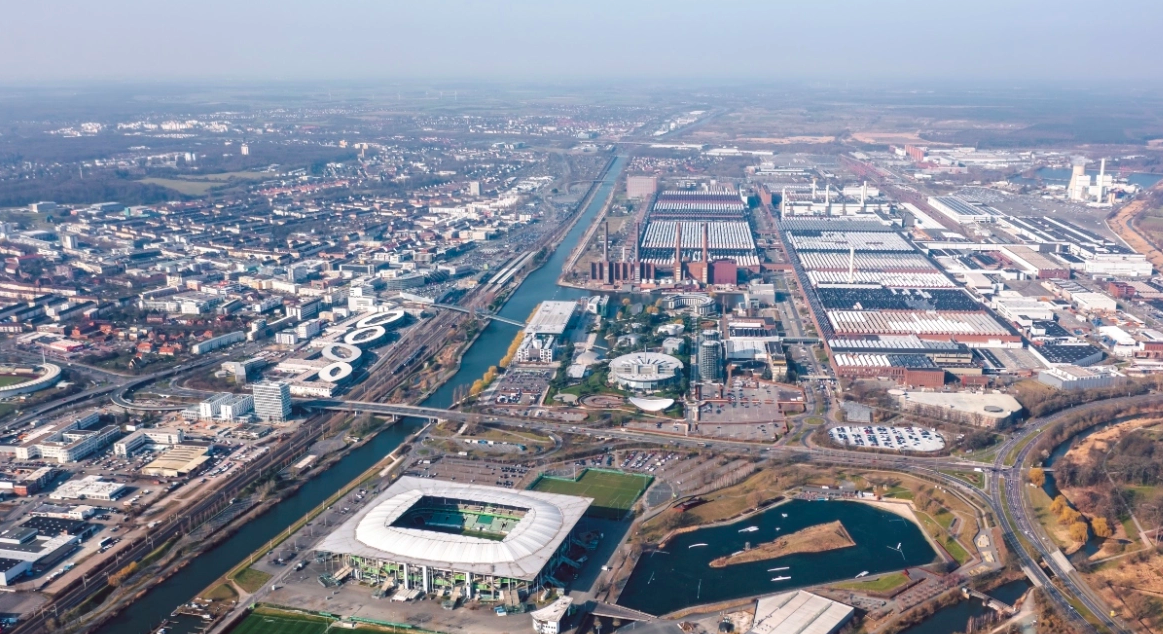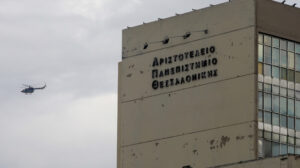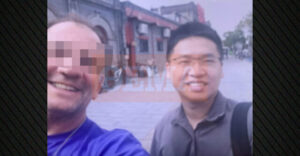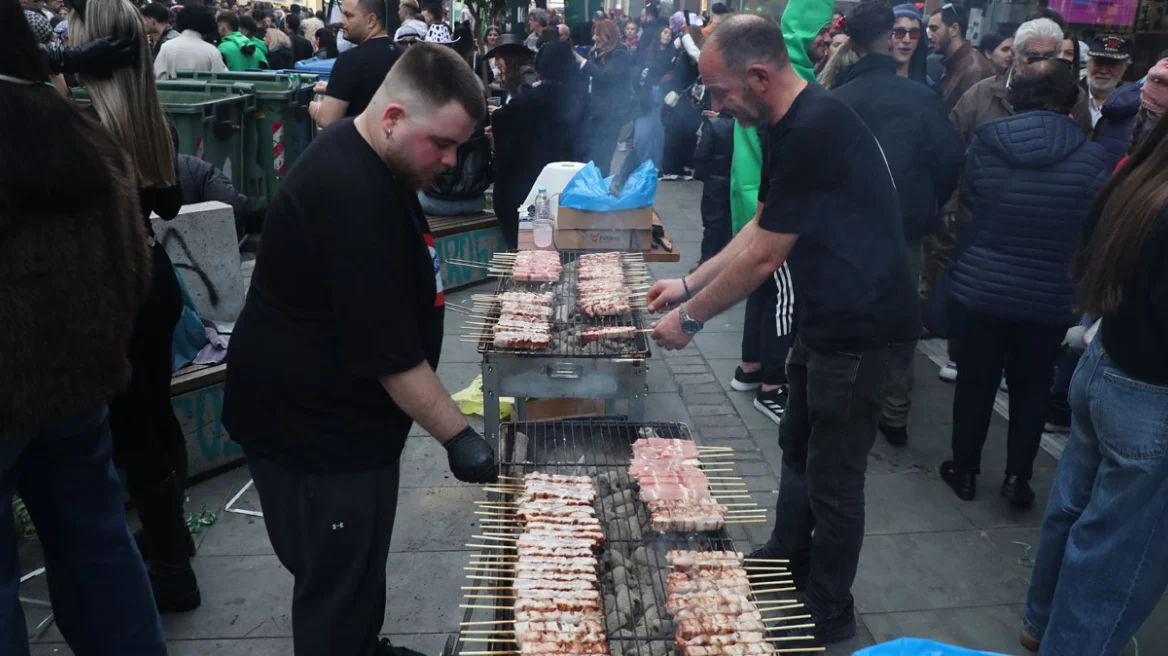Germany: How the Crisis at Volkswagen Threatens the Existence of Wolfsburg
The city was founded by Hitler’s Nazi regime on July 1, 1938, to become the headquarters for workers producing a low-cost car. Now, it risks becoming an industrial museum.
In the early 20th century, Wolfsburg didn’t even exist on the map. Its establishment in an uninhabited area was planned for a specific purpose. It was founded by Hitler’s Nazi regime on July 1, 1938, to become the headquarters for workers producing the affordable KdF-Wagen car as part of the Third Reich’s Kraft durch Freude (Strength Through Joy) campaign.
This car is the well-known Beetle. Over the following decades, Wolfsburg became the capital of automobile production in Europe. Now, it seems that the countdown has begun, as the cuts planned by Volkswagen (VW) threaten even the existence of this city of 120,000 residents.
Some say that if VW sneezes, Wolfsburg will catch a cold. The city is now anxiously watching developments in the automotive industry, fearing a violent decline.
According to Deutsche Welle, the first thing one sees upon arriving in Wolfsburg, Lower Saxony, are four giant chimneys rising from a massive factory building adorned with the blue and white VW logo on the facade of the reddish-brown brick walls. This is one of the largest car manufacturing plants in the world.
The Plan for Closing German Factories
A critical issue for the citizens of Wolfsburg is the crisis at VW. The automotive manufacturer, which is also the largest in Europe, plans for the first time in its history to close German factories and lay off thousands of workers.
According to statistics, over 60,000 people work for VW. The salaries at VW are above average, making the company’s labor costs the highest in the German automotive industry, where the average hourly wage was approximately €62 in 2023.
Realtor Christine Reeser has spent her entire life in Wolfsburg. However, as she tells DW, workers are calling her to sell their homes before the city collapses. Other clients have canceled home purchase contracts, and as she observes, people want to know VW’s decisions before making their own moves.
€10 Billion Cuts by 2026
In 2023, the automotive group, which has 10 different brands, continues to report profits exceeding €18 billion and pays €4.5 billion in dividends to shareholders. Nevertheless, VW’s management initiated an efficiency program last year aimed at saving €10 billion by 2026 to enhance competitiveness.
In August 2024, however, the management announced that further savings measures are needed, including the potential closure of two car factories in Germany and sharp cuts to the company’s workforce of 120,000 people in Germany.

A Wealthy City That Has Become Deserted
Wolfsburg was once a wealthy city due to the business taxes on VW’s huge profits. However, it is now desolate. Workers in the automotive industry feel anxious about their future.
Along Diesel Street, visitors can see the glorious days of car production at the Volkswagen Museum. There, the most popular models of the automotive industry are displayed, including the famous Beetle, which was produced more than 20 million times between 1938 and 2003, or the small VW bus, known as the favorite vehicle of the counterculture flower generation of the late 1960s.
Another attraction is the so-called Autostadt, a 280-acre automotive theme park that offers glimpses into the “world of mobility,” where more than three million drivers have received their new VW car keys.
While 300,000 tourists visited last year, local taxi drivers report that fewer visitors are coming. The days of prosperity “are long gone,” says a taxi driver to DW, adding that he believes the situation could “get even worse.”

Are Currywurst at Risk Too?
However, the most famous product of Wolfsburg is not VW cars but the famous Currywurst (curry sausages). They started being made in 1973 for the workers’ lunch and soon conquered the entire German market. At one point, the daily production of Currywurst exceeded 20,000 sausages, and it remains VW’s most popular product, with sales surpassing 8 million units.
Another unique feature of these sausages is that they are sold with a code (199 398 500 A) that corresponds to a car part, and the sauce that accompanies them also has a spare part code.
So, if VW’s factory in Wolfsburg starts to reduce its production and ultimately closes, a significant blow for all of Germany will be the loss of Currywurst.
Ask me anything
Explore related questions





